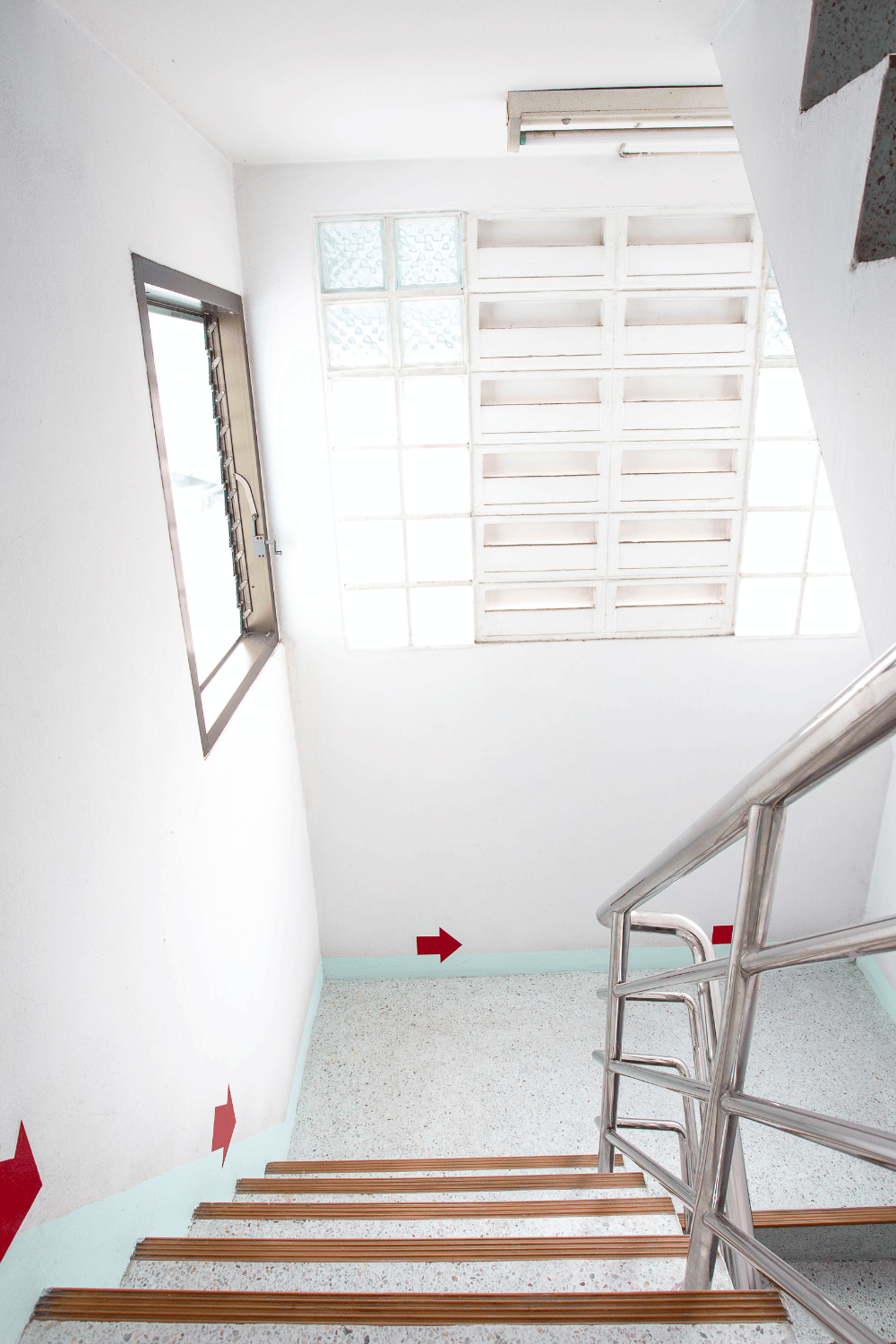What Makes Crooked Teeth a Health Risk?

The great majority of people, nearly nine out of ten, have marginally misaligned teeth. Furthermore, about three-quarters have wisdom teeth that do not have enough room to develop properly. Sounds concerning, right?
Crooked teeth, also known as malocclusion or misaligned teeth, can impact your general health and the aesthetics of your smile.
While many people pursue orthodontic treatment for cosmetic reasons, it’s critical to remember that the implications of untreated, crooked teeth go beyond appearance.
In this article, we will look at the health risks associated with crooked teeth and why seeking treatment as soon as possible is essential for preserving oral and general health.
Impact on Oral Health
- Difficulties in Cleaning
Crooked teeth can make it difficult to clean the mouth. Misaligned teeth cause tight gaps and overlapping areas that are hard to clean with a toothbrush or floss. As a result, plaque, a sticky film of bacteria, and food particles can accumulate in these hard-to-reach areas.
- Plaque Buildup: Plaque on teeth over a long period can cause demineralization of tooth enamel, resulting in cavities or dental caries. If left untreated, cavities can penetrate further into the tooth, resulting in more serious dental issues.
- Tartar Formation: If plaque is not cleaned thoroughly, it can harden into tartar, also known as dental calculus. Tartar cannot be eliminated by brushing and flossing and must be removed by a skilled dentist. It creates a rough surface on which more plaque can build, increasing the risk of tooth decay and gum disease.
To address misalignment and prevent severe problems, consider seeking expert advice from your Orthodontist. Treatments like clear aligners for straightening teeth are ideal if you’re looking for a discreet option. Since they are detachable, they provide easy access to appropriate dental care, making brushing and flossing more effective in avoiding plaque and tartar buildup.
- Uneven Pressure on Teeth
Malocclusion can cause specific teeth to exert greater pressure than they are supposed to bear when chewing. This unequal pressure distribution can cause several problems, including:
- Tooth Wear: Excessive strain on some teeth can cause them to wear out faster than adjacent teeth over time. Flattened or chipped teeth might ensue, lowering their function lifespan.
- Tooth Fractures: Crooked teeth may undergo stress concentrations in extreme situations, rendering them more prone to fractures or chips. Broken teeth can be painful, and they might call for dental procedures such as crowns or veneers to restore their look and function.
- Gum Disease
Gum disease is caused by a bacterial infection of the tissues that support the teeth, particularly the gums, periodontal ligament, and jawbone. Gum disease can lead to tooth loss, which nobody wants. One of the best ways to prevent gum disease is to attend family dentists for regular checkups and professional cleanings as this can reduce your risk of complications. Crooked teeth can raise the chance of acquiring gum disease due to the following factors:
- Pocket Formation: If plaque and tartar are not cleaned properly, they can cause the gums to pull away from the teeth, resulting in periodontal pockets. These pockets provide an ideal habitat for the growth of more dangerous bacteria, exacerbating gum disease.
- Gum Recession: Gum recession occurs when the gum line pulls away from the teeth due to the pressure put on the gums by misaligned teeth. Receding gums expose the tooth roots, which are not coated by enamel and are prone to decay and tooth sensitivity.
Temporomandibular Joint (TMJ) Disorders
The temporomandibular joint (TMJ) links the jawbone (mandible) to the skull’s temporal bone. It is essential for several actions, including eating, talking, and yawning. TMJ disorders, commonly known as TMD or temporomandibular disorders, are a set of illnesses that disrupt the correct functioning of this joint and the muscles surrounding it.
While various factors can cause TMJ issues, tooth misalignment can contribute to the developing or worsening of conditions, like:
- Teeth grinding and clenching (Bruxism)
- Improper jaw alignment
- Jaw clicking and popping
- Muscle strain and tension
- Limited jaw movement
- Headaches and ear pain
Impact on Systemic Health
- Increased Risk of Cardiovascular Problems
Bacteria from periodontal disease can move to other body regions, including the cardiovascular system, once they reach the circulation. According to research, periodontal disease has been linked to an increased risk of cardiovascular disorders such as heart disease and stroke. The inflammatory reaction caused by oral bacteria can result in the formation of plaques in the arteries, raising the risk of atherosclerosis (narrowing and hardening of the arteries) and ultimately leading to cardiovascular problems.
- Effect on Respiratory Health
Crooked teeth can make it harder to breathe, especially while sleeping. Malocclusion can impair jaw and airway alignment, potentially leading to mouth breathing.
Mouth breathing has been linked to several unfavorable respiratory health outcomes:
- Dry Mouth: When you breathe through your mouth, your saliva production decreases, resulting in a dry mouth. Saliva is essential for maintaining dental health since it neutralizes acids and prevents bacterial development.
- Reduced Oxygen Intake: Compared to breathing via the nose, mouth breathing may result in less oxygen intake, decreasing overall oxygenation and potentially leading to weariness and sleep difficulties.
Psychological and Social Impact
Crooked teeth exert a far-reaching psychological and societal influence on people. The aesthetics of one’s grin tremendously impact self-esteem and confidence. When teeth are misaligned, it can cause feelings of self-consciousness, low self-esteem, and embarrassment, causing people to hide their smiles and feel uneasy.
These emotional responses can, in turn, impact social interactions, developing social anxiety and avoiding circumstances that bring attention to their dental condition, thereby impeding relationship-building and employment chances. Moreover, individuals afraid of being judged or taunted about their teeth may separate themselves from others.
Children and teenagers with crooked teeth may have academic challenges due to low self-esteem and trouble concentrating on schoolwork. Crooked teeth can impact professional contacts and impede job success in adults. Furthermore, body dysmorphic issues can occur, with patients constantly focused on their perceived oral flaws, causing mental anguish and worry.
Conclusion
Crooked teeth are more than just a cosmetic concern; they also represent major health hazards affecting oral and general well-being. Addressing malocclusion is critical for maintaining good health, from oral health issues like tooth decay and gum disease to systemic issues like cardiovascular troubles.
Orthodontic treatment, like clear aligners, can enhance your smile and overall quality of life and well-being. Remember that early action is essential for avoiding more serious difficulties later on. So, don’t be afraid to talk to an orthodontist about your concerns and start on the road to a better, happier you.






